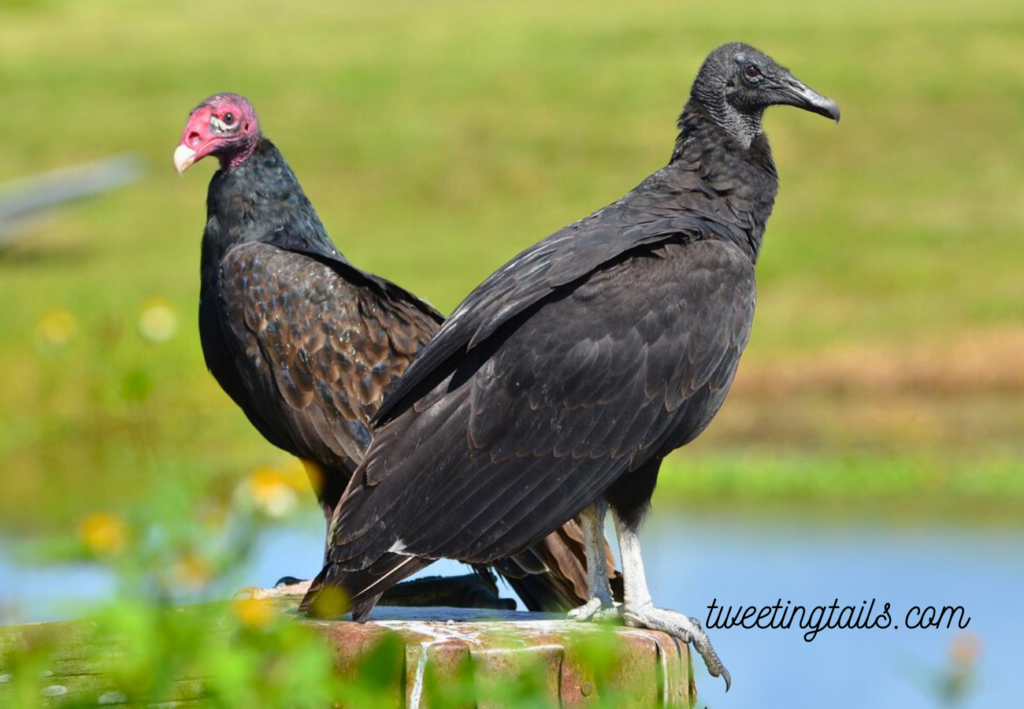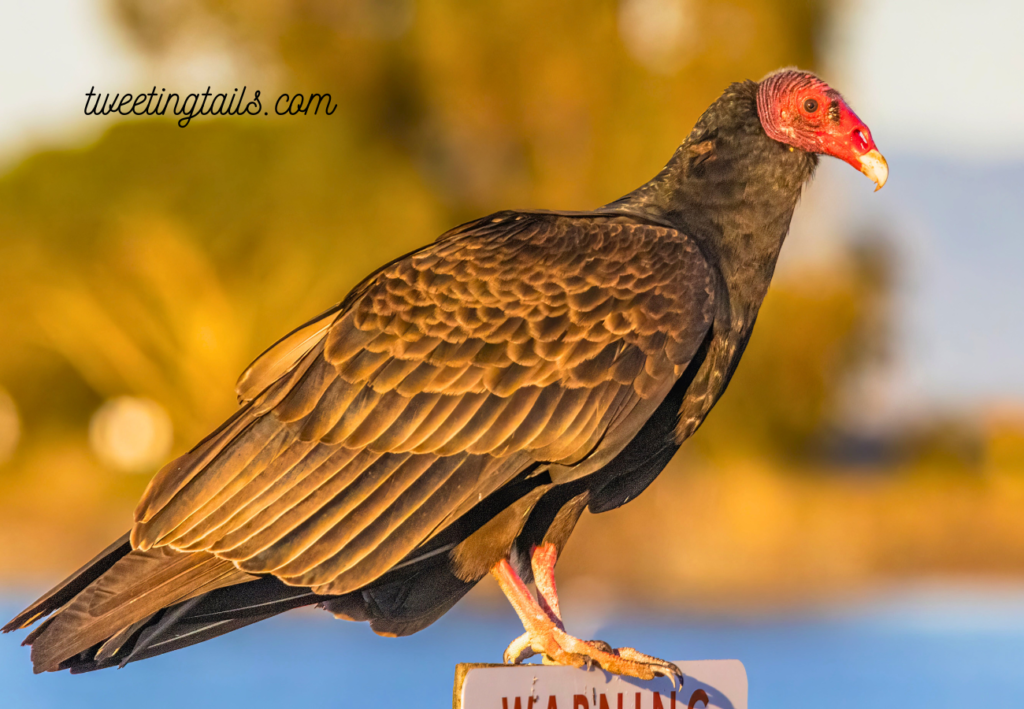Description
Explore the incredible world of Turkey Vultures, nature’s clean-up crew, and environmentally beneficial decomposers. Learn about their scavenging habits, vulture behavior, and their vital role in wildlife management and carcass removal services. Discover why Turkey Vultures are essential as nature’s recyclers and how they contribute to the environment.
Introduction
Step into the fascinating realm of Turkey Vultures: Nature’s Clean-Up Crew, where these majestic birds serve as vital decomposers, environmentally beneficial scavengers, and key contributors to ecological balance. This detailed article not only explores their unique characteristics, habits, and ecological roles but also sheds light on their importance in wildlife management and carcass removal services.
Understanding Turkey Vultures and Their Environmental Services
Turkey Vultures: Nature’s Clean-Up Crew

At the heart of the ecosystem, Turkey Vultures, also known as nature’s clean-up crew, play a pivotal role in maintaining a healthy environment. Their scavenging instincts, vulture behavior, and unique characteristics make them indispensable decomposers, actively contributing to nature’s recycling processes.
Environmentally Beneficial Scavengers
Turkey Vultures are not just scavengers; they are environmentally beneficial decomposers. Their ability to efficiently consume carrion aids in carcass removal, preventing the spread of diseases and contributing to the overall cleanliness of the environment.
Wildlife Management Guardians
As wildlife management guardians, Turkey Vultures play a crucial role in regulating populations of carrion-producing animals. Their scavenging services contribute to a balanced ecosystem, preventing overpopulation and its subsequent impact on other species.
Vulture Behavior and Ecological Role
Nature’s Recyclers
Turkey Vultures, often referred to as nature’s recyclers, actively participate in the natural decomposition process. Their efficient consumption of carrion turns them into crucial contributors to the recycling of organic matter, showcasing their importance in ecological systems.
Carrion Eaters Extraordinaire
As carrion eaters, Turkey Vultures excel in the consumption of decaying matter. Their distinctive vulture behavior, combined with their scavenging habits, ensures that the process of carcass removal is both swift and effective.
Types of Vultures and Turkey Buzzard Insights
Diverse Vulture Species
While Turkey Vultures are prominent, it’s essential to acknowledge the diversity of vulture species worldwide. Exploring different types of vultures reveals the variations in size, color, and behavior, each contributing uniquely to environmental services.
The Black Vulture Distinction

Black Vulture stands out with its unique characteristics
Among vulture species, the Black Vulture stands out with its unique characteristics. Understanding the ecological role of the Black Vulture provides insights into the overall diversity and importance of vulture populations.
Turkey Buzzard: Another Name for Turkey Vultures
Often referred to as the Turkey Buzzard, Turkey Vultures showcase the fascinating linguistic diversity surrounding these birds. Delving into alternative names sheds light on the cultural significance and perceptions of Turkey Vultures.
Turkey Vultures: FAQs
Are Turkey Vultures a Threat to the Environment?
No, Turkey Vultures are not a threat to the environment. In fact, they play a crucial role as environmentally beneficial decomposers, contributing to the ecosystem’s health.
How Do Turkey Vultures Contribute to Wildlife Management?
Turkey Vultures contribute to wildlife management by regulating carrion-producing populations, ensuring a balanced ecosystem and preventing the overabundance of certain species.
Can Turkey Vultures Identify Different Types of Carrion?
Yes, Turkey Vultures have a remarkable ability to identify and consume various types of carrion. Their scavenging habits make them versatile contributors to the decomposition process.
What Is the Ecological Impact of Black Vultures?
The ecological impact of Black Vultures involves their distinct role in carcass removal. Understanding their vulture behavior provides insights into the broader ecological dynamics of vulture species.
How Can Turkey Vultures Help Control Disease Spread?
Turkey Vultures help control disease spread by efficiently removing carrion, which reduces the potential transmission of diseases among wildlife and, indirectly, to humans.
Why Are Turkey Vultures Essential for Nature’s Recycling?
Turkey Vultures are essential for nature’s recycling as they actively participate in the decomposition process, ensuring the efficient recycling of organic matter in the ecosystem.
Conclusion
In conclusion, Turkey Vultures, with their diverse characteristics, vulture behavior, and contributions to wildlife management, stand as nature’s clean-up crew and environmental stewards. Their role as environmentally beneficial decomposers and carrion eaters extraordinaire highlights the importance of preserving these magnificent birds for the well-being of our ecosystems.


